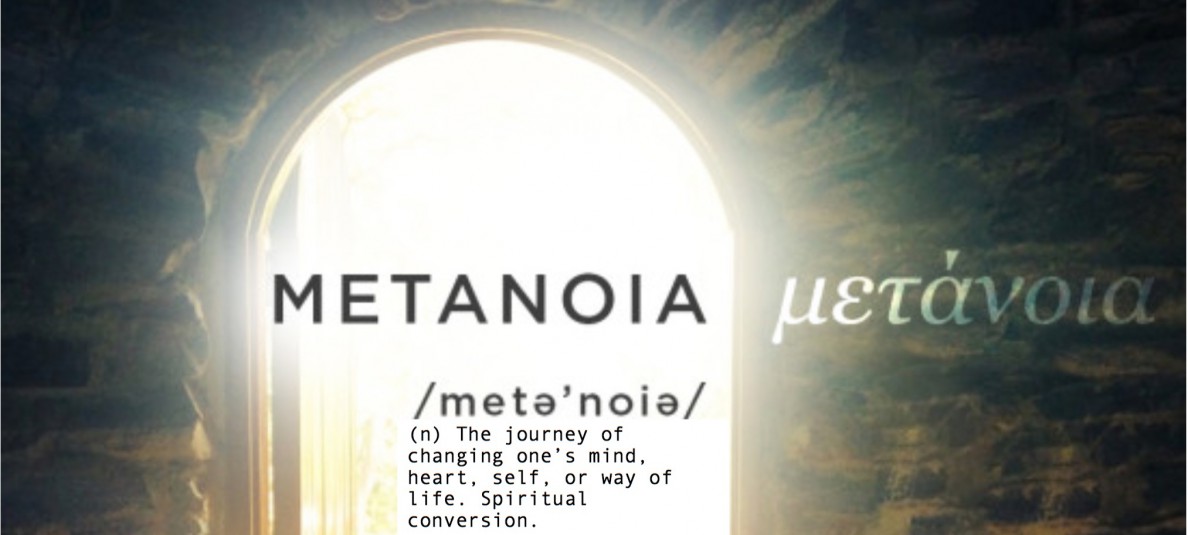Proper 4(B): The Law of Grace
By: The Rev. Lauren Carlson
In her book, Plan B: Further Thoughts on Faith, Anne Lamott writes, “There’s a lovely Hasidic story of a rabbi who always told his people that if they studied the Torah, it would put Scripture on their hearts. One of them asked, “Why on our hearts, and not in them?” The rabbi answered, “Only God can put Scripture inside. But reading sacred text can put it on your heart, and then when your hearts break, the holy words will fall inside.”
This story has stuck with me since I first read it several years ago. In many ways, it seems to go hand in hand with the theme of “hardness of hearts” I see playing throughout the gospel of Mark.[1]You can certainly find this expression in other places of scripture, but I find it interesting how many times this phrase can be found in Mark alone. It seems that this is the way Jesus often describes the people when he is frustrated or disappointed with their actions and understanding. It is as though they have written the law on their hearts, and yet the grace of it has not fallen inside yet. They see the miracles, but the profound truth has not reached to the depth of their being. In each situation, this hardness of heart prevents the people from living into the fullness of relationship to which they are called to live, with one another and with God.
In our gospel reading for day we hear in 3:5, “[Jesus] grieved at their hardness of heart,” referring to the Pharisees who would rather let a man continue suffering than heal him on the Sabbath. The Pharisees are challenging Jesus on his adherence (or lack thereof) to the law about working on the Sabbath, which raises two questions for me: 1) What is the purpose of law? and 2) What is the purpose of the Sabbath?
- When God gives laws, it is not for the purpose of individual piety. Law is not for the sake of having a checklist of righteousness. Rather, the purpose of law is to be in right relationship with neighbor and with God. Jesus clarifies this to the Pharisees when challenged on which is the greatest commandment. He says that it is to love the Lord your God with all your heart, soul, and mind, and the second is to love your neighbor as yourself. On this hangs ALL THE LAW and the prophets. In other words, if we are loving God and loving our neighbor, these things will fall into place. This is the purpose of the law: to live in loving relationship.
- “The Sabbath was made for humankind, not humankind for the Sabbath.”[2] Just like all other laws, this Sabbath-keeping law is for wellbeing in community and not for self-righteous piety. Sabbath is something we It is about rest and healing so that we can be refreshed and renewed for this work of loving God and loving our neighbor. Yes, loving can be work because we are broken and essentially just suck at this sometimes. But it is the most worthwhile work we can do! Sabbath rest is a gift from God; a time to be aware of the abundance of love and grace that God is constantly pouring into us, so that we can continue that work. But it is NOT meant to be at the detriment of another. How can one feel filled by God’s love while watching another continue in suffering?
What might this self-righteous (even self-serving?) sense of law and Sabbath look like in your congregation? Where are you seeing signs of hardened hearts? How can you remind them of the fact that good news is actually meant to be good news?
When our hearts are hardened, we cannot see the grace and the gift of the Sabbath or of the law. When our hearts are hardened, we stop seeing the freedom and healing of another as important. When our hearts are hardened, we are blind to the depth of the truth of who Jesus is and what he is up to in the world. So perhaps we too, like the Pharisees and disciples and saints who have gone before us, have hardened hearts. But the truth is that in spite of (or even in light of) our hardened hearts, eventually they will crack wide open and words of grace and love and gentleness will fill them and heal them again. Because God’s acts of grace and love and healing not only continue on the Sabbath, they are essential to the Sabbath.
[1] Mark 6:52, 8:17, 10:5 are a few examples
[2] Mark 2:27

The Rev. Lauren Carlson is a Lutheran pastor (ELCA) currently serving in a call with her husband, Paul, at Calvary Lutheran Church in Morganton, North Carolina. She received her bachelor’s degree in Psychology from Appalachian State University in 2004, served a year of Young Adults in Global Mission through the ELCA in Edinburgh Scotland, and then headed to Dubuque, Iowa where she earned her Masters of Divinity at Wartburg Theological Seminary. If ministry were not enough to keep her busy, her two young, spirited children are! In her “spare time” she enjoys catching up with friends, breathing fresh air, continuing her involvement with camping ministry, and brewing beer (and has great dreams of learning to play guitar, sew, and actually conquer her reading list!)
